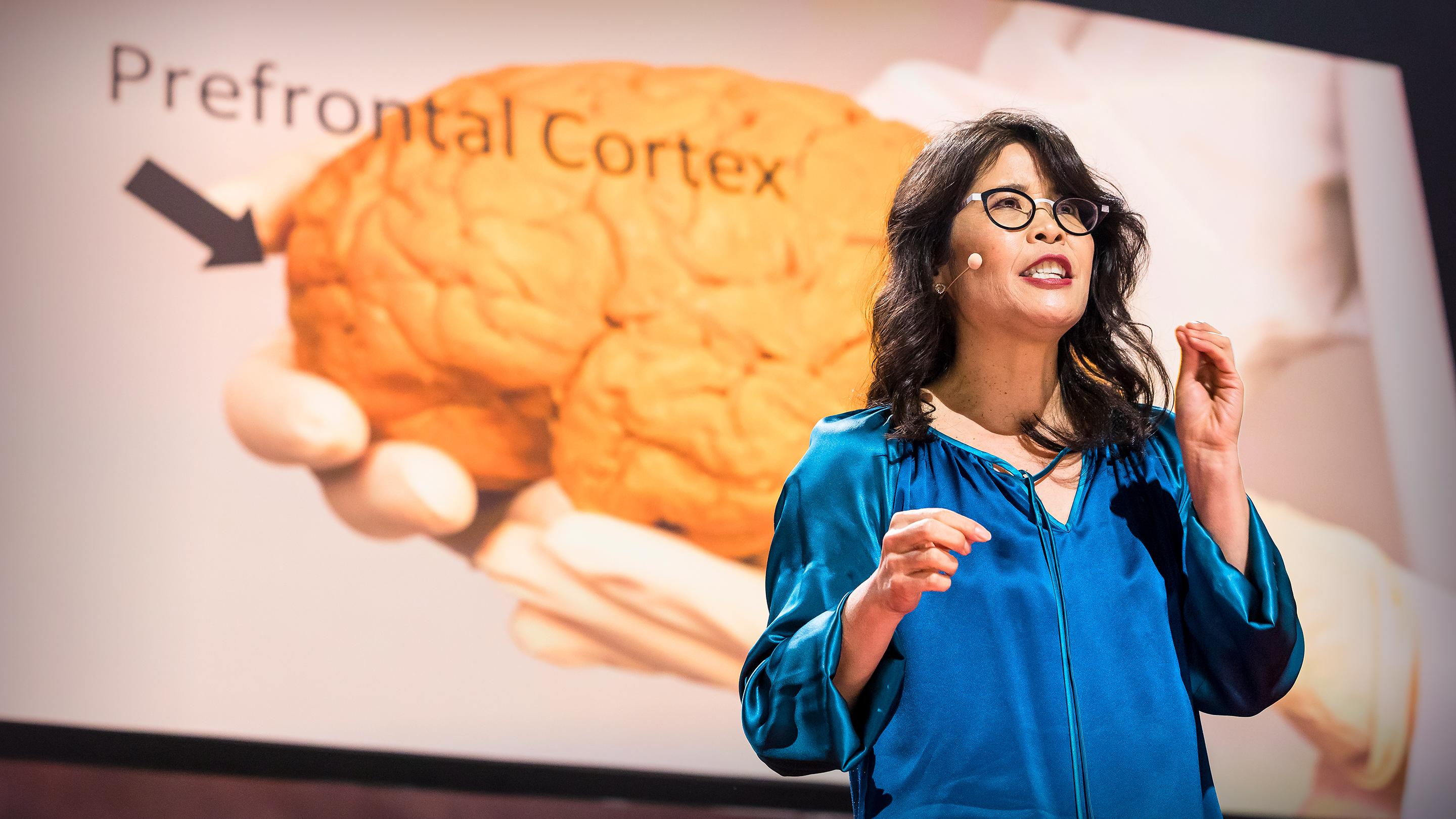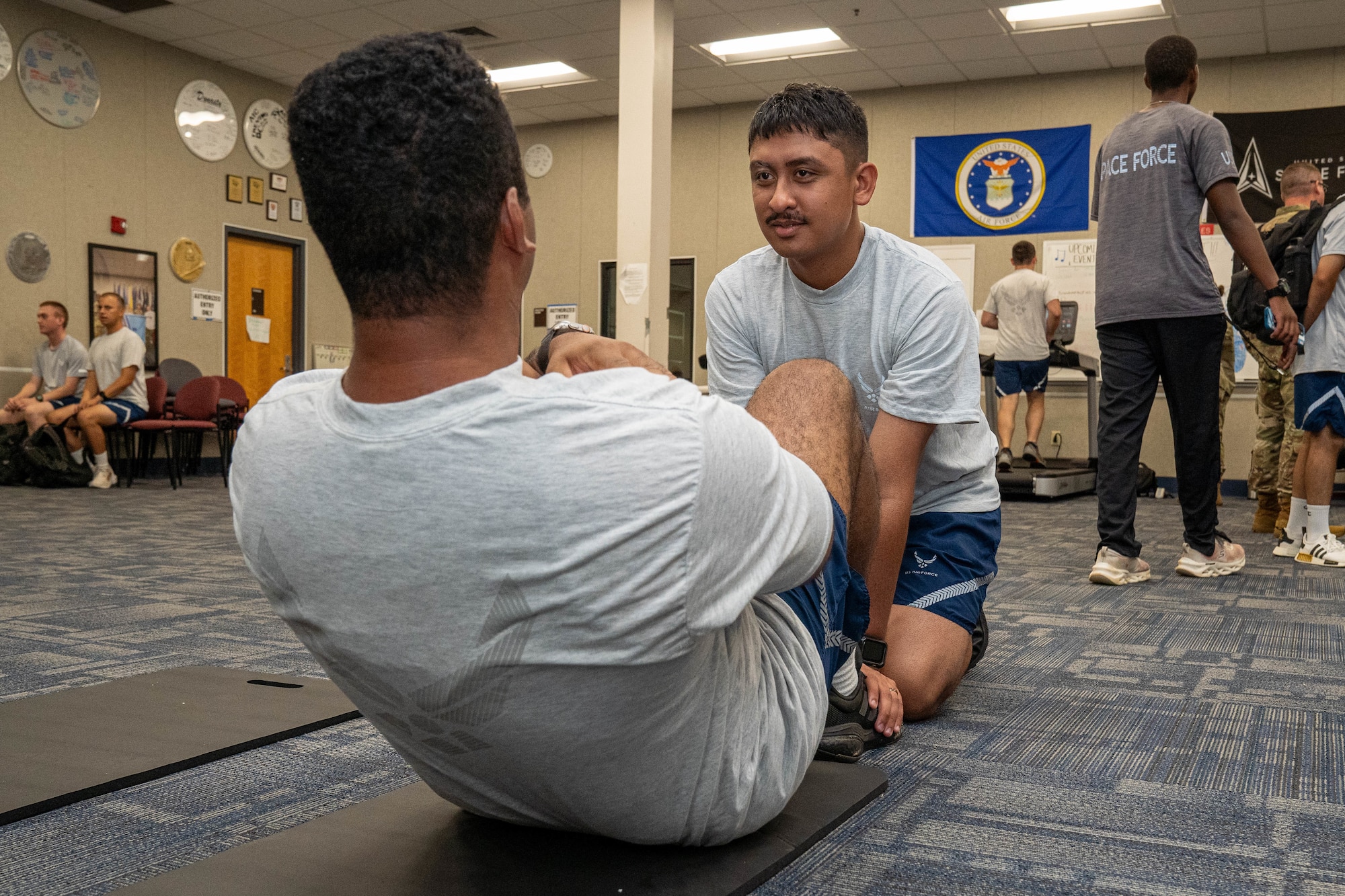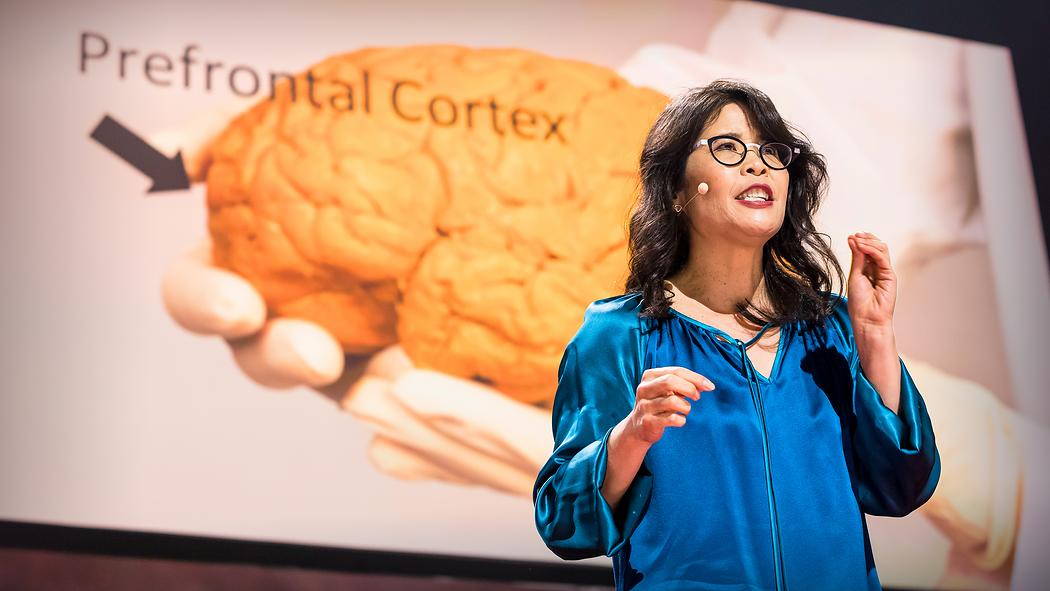Exercise boosts mood, focus, and resilience; TED Talks show why and how to start.
If you typed the importance of exercise for mental health ted talks into your search bar, you want proof and a plan. I’ve coached students, leaders, and busy parents to use movement as a daily mental health tool. In this guide, I break down science from the stage into simple steps you can use today, with real stories and easy wins that stick.

Why exercise boosts your mood and mind
Exercise flips fast switches in your brain. Within minutes, movement raises dopamine, serotonin, and norepinephrine. These chemicals lift mood, sharpen focus, and calm stress. Over time, your brain builds more wiring for calm and clarity.
Think of a brisk walk as a reset button. It eases the stress system and lowers cortisol. Regular movement grows brain-derived neurotrophic factor, a growth factor that helps memory and learning. Large studies show steady exercise lowers the odds of depression and anxiety.
The importance of exercise for mental health ted talks shine because they turn this science into stories. They show how a 20-minute walk can shift your day. They make complex ideas feel simple and doable.

What the best TED Talks teach us
The most-loved talks hit the same helpful themes:
- Small steps, big change: You do not need a gym or gear. Ten minutes helps.
- Move for mood first: Treat movement as medicine. Notice how you feel after.
- Immediate brain boost: Even one short session can lift energy and focus.
- Joy beats willpower: Choose fun. You will stick with what you enjoy.
- Community counts: A buddy, class, or team makes the habit last.
I use these ideas with clients. We watch a clip, then test a short walk, a stretch set, or a dance break. The importance of exercise for mental health ted talks gives people a spark. That spark turns into a plan when we keep it simple and kind.

A simple plan to try today
- Rate your mood and stress from 1 to 10. Write it down.
- Do 20 minutes of easy movement. Walk, bike, or dance in your room.
- Breathe slow and steady for two minutes when you finish.
- Rate your mood and stress again. Note what changed.
- Write one line: What felt good? What felt hard?
- Plan your next mini-session. When, where, and what will you do?
- Repeat this tiny cycle three times this week.
This is the core lesson behind the importance of exercise for mental health ted talks. Test, notice, and repeat. Let your brain learn that movement helps, fast.

Pick the right workout for your brain goal
When stress runs high
Choose gentle, steady movement. Try a slow walk, yoga, or a light bike ride. Keep your breath easy and your jaw soft.
When you need sharp focus
Do short bursts. Try 5 x 1 minute fast, 1 minute easy. This can wake up your brain and help you lock in.
When mood feels low
Go outside if you can. Natural light and fresh air add a boost. Keep it simple and steady for 20 to 30 minutes.
When anxiety spikes
Rhythm helps. Walk to music or row at an easy pace. Count steps or breaths to steady your mind.
When sleep is rough
Move most days, but finish hard work at least three hours before bed. Gentle evening stretches can help you wind down.
The importance of exercise for mental health ted talks often match the workout to the need. You can do the same. Pick one goal, then pick one move.

Habit tools the speakers swear by
- Make it obvious: Lay out shoes, pick a route, set a ready playlist.
- Make it easy: Start with five minutes. Win the day, then build.
- Stack it: Pair movement with a daily cue, like coffee or lunch.
- Make it social: Text a friend. Put it on a shared calendar.
- Track the feels: Track mood, not just minutes. Your brain loves proof.
One client, J, was stuck in all-or-nothing mode. We used tiny “doorway” walks after calls. Three weeks later, J was calmer, sleeping better, and doing 25 minutes most days. The importance of exercise for mental health ted talks gave the push; these tools kept it going.

What the research says, in plain words
- Even 10 to 20 minutes can lift mood for hours after you move.
- Regular activity cuts the risk of depression. Large studies show meaningful drops with steady weekly movement.
- 150 minutes a week of moderate work is a common target. But any amount helps.
- Strength work helps mood and sleep too. Two short sessions a week can make a difference.
- Green spaces add extra calm. Daylight helps your body clock and energy.
Myth busters:
- You must suffer to gain: Not true. Easy and steady works for your brain.
- You need a full hour: Not true. Short bouts add up.
- Afternoons are best: The best time is the time you will do it.
This is why the importance of exercise for mental health ted talks resonates. The science is strong, and the steps are simple.

Safety, inclusivity, and mental health care
Exercise helps, but it is not a cure-all. If you have severe depression, thoughts of harm, mania, an eating disorder, or a major medical issue, get care first. Pair movement with support from a licensed pro.
Talk to your clinician before you start if you have:
- Heart, lung, or joint problems
- Pregnancy or postpartum needs
- A history of trauma that makes body cues feel unsafe
- Medicine changes that affect heart rate or blood pressure
Go slow. Use a rating of effort from 1 to 10. Aim for 4 to 6 at first. If you feel worse after a few tries, adjust pace, type, or time. The importance of exercise for mental health ted talks invite you to try. Your care team helps you tailor.

My field notes from coaching and classrooms
I’ve seen fast wins with tiny steps. The first goal is a better day, not a perfect plan. When joy leads, the habit sticks.
What works most:
- Start smaller than you think. Five minutes can be enough to feel change.
- Tie it to a cue you already do. Coffee, lunch, or a meeting wrap-up.
- Log mood in one word. Calm, clear, light, or steady.
Mistakes to skip:
- Going hard, then quitting for weeks
- Keeping only time goals and ignoring how you feel
- Waiting for motivation instead of using a routine
Put these to use with the importance of exercise for mental health ted talks, and you turn ideas into action.

Frequently Asked Questions of the importance of exercise for mental health ted talks
Which exercises help anxiety the most?
Gentle cardio helps many people. Try a brisk walk, easy cycling, or yoga with slow breaths.
How fast will I feel better after I move?
Many people feel better within 10 to 20 minutes. Track mood before and after to see your own pattern.
Do I need a gym to follow the importance of exercise for mental health ted talks?
No. Walks, stairs, bodyweight moves, and dance breaks at home work great. The key is consistency.
How much should I do each week for mental health?
Aim for most days. Even 10 to 30 minutes can lift mood. Build up toward 150 minutes if it feels good.
Can strength training help my mood?
Yes. Two short sessions a week can boost mood and sleep. Start light and focus on good form.
How do I stay motivated long-term?
Make it fun and social, and track how you feel. The importance of exercise for mental health ted talks suggest small, joyful steps that you can repeat.
Conclusion
Exercise is one of the simplest tools we have for a clearer, calmer mind. Start tiny, notice the lift, and repeat. Use insights from the importance of exercise for mental health ted talks, then shape them to your life.
Try one 20-minute session today and write down how you feel after. Share your win, invite a friend, and build your streak. Want more support? Subscribe for weekly tips, or drop a comment with your goal for this week.




